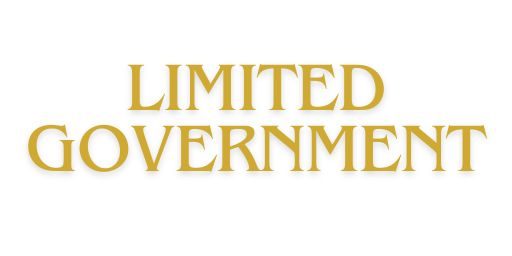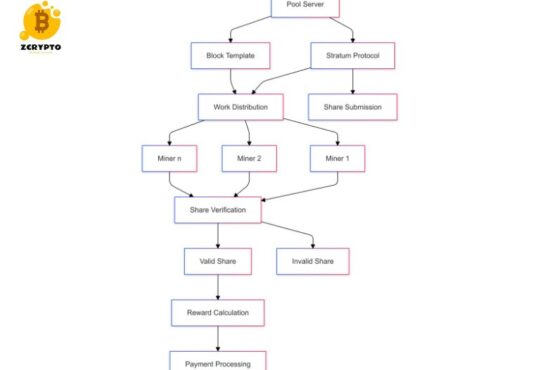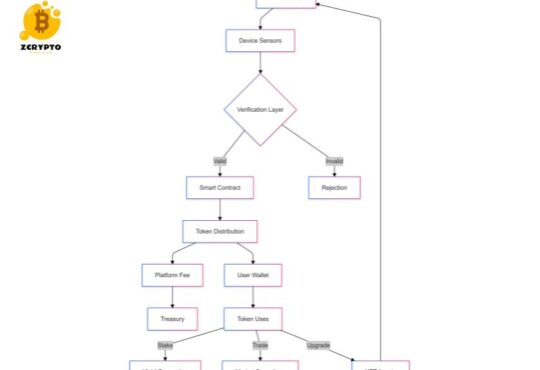
The Ultimate Guide to Audit Committees: Roles, Responsibilities, and Best Practices
What is an Audit Committee?
An audit committee is a subgroup of the board of directors that oversees various aspects of financial reporting and compliance. Unlike other committees such as finance committees, which focus on financial planning and strategy, audit committees are specifically tasked with ensuring the accuracy and integrity of financial statements and disclosures.
The legal and regulatory requirements for audit committees are stringent. For instance, the Securities and Exchange Commission (SEC) and national securities exchanges have set standards that mandate the presence of an audit committee in publicly traded companies. These regulations ensure that audit committees are independent and have the necessary expertise to perform their duties effectively.
Composition of the Audit Committee
The ideal composition of an audit committee typically includes three to five members. The independence of these members is crucial; they should not be employed by the organization or the audit firm to avoid conflicts of interest. In some cases, non-board members or volunteers may also be included to bring in diverse perspectives.
State-specific requirements can vary, but generally, there is a emphasis on ensuring that committee members have financial expertise and are free from any relationships that could compromise their objectivity.
Roles and Responsibilities
Oversight of Financial Reporting and Disclosure
One of the primary roles of an audit committee is to ensure the accuracy and integrity of financial statements and disclosures. This involves reviewing financial statements, management’s discussion and analysis (MD&A), and earnings releases. The committee must scrutinize these documents to identify any material errors or omissions that could mislead stakeholders.
Appointment, Retention, and Oversight of Independent Auditors
Audit committees are responsible for appointing, compensating, and overseeing the work of independent auditors. They must resolve any disagreements with management regarding auditors and ensure that auditors maintain their independence throughout the audit process.
Risk Oversight and Management
Assessing and mitigating business and reputational risks is another critical responsibility of audit committees. They must ensure that effective risk management plans are in place to protect the organization’s assets and reputation.
Internal Control and Compliance
Ensuring the design and implementation of internal control structures over financial reporting, asset stewardship, and compliance with laws and regulations is a key function. This includes oversight of IT security and operational matters to prevent fraud and ensure data integrity.
Ethics and Compliance
Audit committees address allegations or violations of the code of ethics within the organization. They protect whistleblowers and ensure a fair process for addressing violations, maintaining a culture of ethical behavior.
Review of Filings and Earnings Releases
The committee reviews significant changes in accounting principles and the adequacy of internal controls. This ensures that all filings with regulatory bodies are accurate and compliant with relevant standards.
Best Practices for Audit Committees
Meeting Frequency and Reporting
Audit committees should meet at least twice a year, ideally bimonthly, to stay abreast of ongoing issues. They must report to the full board of directors on key issues and audit results, ensuring transparency and accountability.
Independence and Objectivity
Ensuring committee members are independent and objective is paramount. Avoiding conflicts of interest and maintaining confidentiality are essential best practices to uphold the integrity of the committee’s work.
Collaboration with Internal and External Auditors
Working closely with internal and external auditors is crucial for effective audit processes. The committee should evaluate the performance of the internal audit leader and review internal audit findings to ensure comprehensive oversight.
Special Considerations for Nonprofit Organizations
Nonprofit organizations have additional considerations due to state-specific requirements. For example, California’s Nonprofit Integrity Act of 2004 mandates certain responsibilities for audit committees in nonprofits. These committees may also serve as an ombudsperson to address complaints about financial mismanagement.
Ensuring compliance with specific nonprofit regulations and standards is vital. This includes adhering to guidelines set by bodies such as the Internal Revenue Service (IRS).
Additional Resources
For further reading on regulatory guidelines, toolkits, and best practice guides:
-
SEC Guidelines: Detailed regulations for publicly traded companies.
-
National Association of Corporate Directors (NACD) Toolkits: Practical resources for audit committee members.
-
American Institute of Certified Public Accountants (AICPA) Best Practices: Comprehensive guides on audit committee responsibilities.
These resources will help you deepen your understanding of audit committee roles and responsibilities, ensuring you are well-equipped to navigate the complexities of corporate governance.



